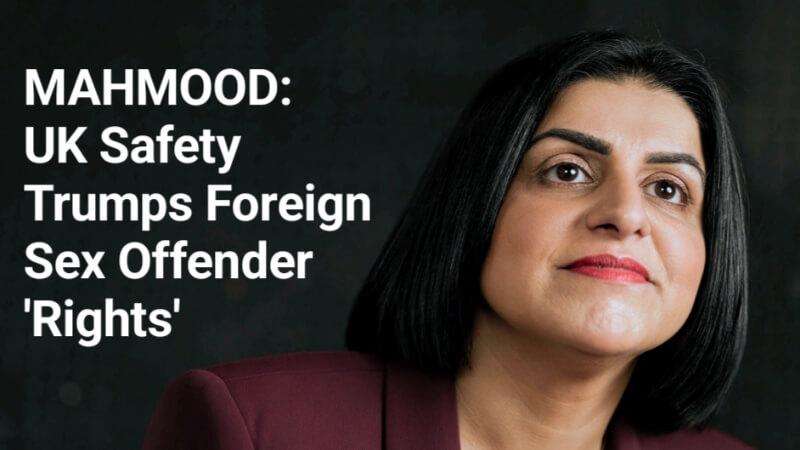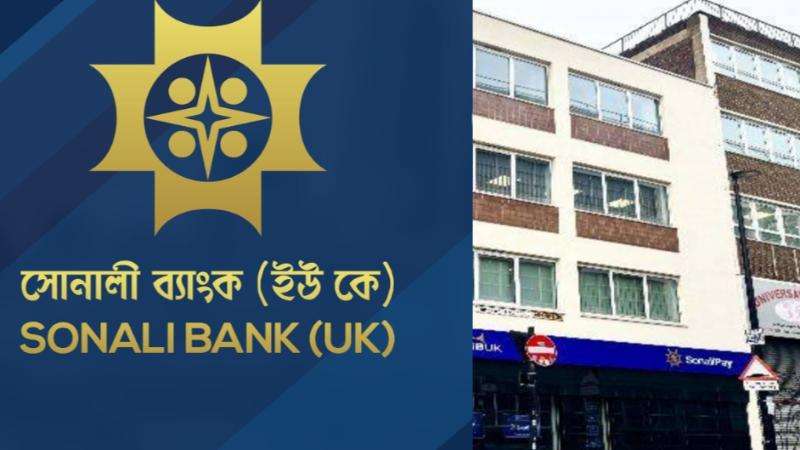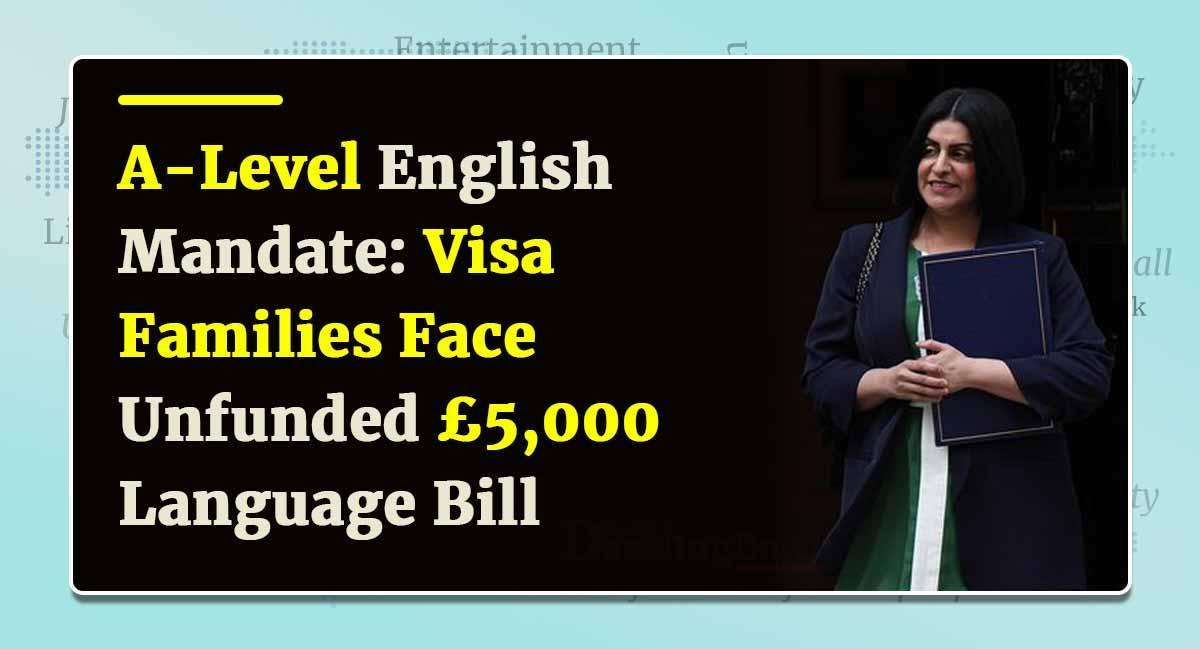Sonali Bangladesh UK (SBUK) Limited, the restructured, non-bank trade finance arm of Bangladesh’s state-owned Sonali Bank, has formally requested a colossal $100 million low-interest—ideally zero-cost—credit line from the Bangladesh Bank (BB). The urgent plea, articulated in a letter from SBUK Managing Director Masum Billah to the Finance Ministry on October 1st, claims the funding is crucial for maintaining liquidity, ensuring growth, and servicing the rising demand from Bangladeshi banks operating abroad, Daily Dazzling Dawn understands.
The request comes at a critical juncture for SBUK, which was forced to cease retail banking and surrender its full UK licence in August 2022 following years of financial losses, mounting irregularities, and intense regulatory pressure from the UK’s Prudential Regulation Authority (PRA) and the Financial Conduct Authority (FCA).
A Non-Bank Entity in Crisis-SBUK argues its operational model has been "severely constrained" since the staged withdrawal of its previous credit facilities, including a full $60 million line from its parent company, Sonali Bank. Operating as a non-bank financial institution (NBFI) without a deposit-taking licence and lacking access to conventional wholesale money markets, SBUK is entirely dependent on central bank support for its core funding.
"Without similar backing," the company warns, "we cannot compete on equal terms, serve Bangladeshi banks at scale, or progress toward full regulatory compliance in the UK." SBUK highlighted that competing banks in Southeast Asia often benefit from central bank policy rates as low as 2% to 6%, giving them a significant edge in the trade financing space. Attempts to secure commercial funding—including a £20 million line with Crown Agents Bank and risk-participation deals—have been stymied by prohibitively high costs, onerous collateral requirements, and significant risk premiums associated with Bangladesh.
The Profitability Puzzle and Regulatory Doubt-While a Sonali Bank official indicated that SBUK had turned a profit last year and even remitted dividends, this claim is strongly disputed by a senior official within a relevant Bangladesh Bank department.
The BB source stated: "The institution lost its banking licence after years of losses... Sonali Bank provided capital and loans for support, but it still could not return to profitability. Now they are again seeking $100 million—there is no justification for this." The official further clarified that the dividend remitted was not from that year's earnings but comprised retained earnings from earlier profitable years that had previously been withheld abroad.
As of press time, Bangladesh Bank spokesperson Arif Hossain Khan confirmed that the central bank has not yet officially received or decided on the request, but noted they would review it "in light of the company's past record and current realities."
The Question of Competitiveness: Why the Losses?
The most pressing question remains: Why is a state-backed entity like SBUK continuously struggling in the UK market when hundreds of smaller, agile money exchanges and remittance apps are thriving?
Regulatory Burden and Reputational Damage: SBUK's licence cancellation in 2022, following significant fines for Anti-Money Laundering (AML) system weaknesses in 2016, left a lasting scar. The entity, now focusing solely on trade finance, carries a reputational baggage that small, specialised remittance apps do not. Their past failure to comply with stringent UK banking regulations (which led to the closure of customer personal accounts) creates a hurdle in regaining the trust of international banking partners.
Mismatched Business Model: While smaller apps focus on the high-volume, low-cost remittance sector, SBUK is positioned in the higher-value, but more complex and risk-sensitive, trade finance sector. Lacking a deposit base, it cannot generate the cheap, stable funding necessary to compete with commercial banks, forcing it to rely on expensive external credit or, now, a central bank subsidy.
Inefficiency and Legacy Costs: As a former full-service bank, SBUK likely carries higher legacy operating costs and bureaucratic inefficiencies compared to lean, technology-driven fintech competitors. Small apps leverage digital platforms and minimal physical presence, achieving cost-efficiency SBUK struggles to match.
Despite the scepticism, the Sonali Bank source insisted that maintaining SBUK is vital for "Bangladesh's representation abroad," suggesting the bank's continued operation is a geopolitical rather than purely commercial imperative.
The government and Sonali Bank have already injected capital multiple times, with the entity's total equity standing at about Tk823 crore, now ring-fenced for trade finance. A separate remittance entity, Sonali Pay UK Ltd, is currently being planned to re-enter the lucrative remittance market, though it received only a fraction of the equity (£1 million). The fate of the $100 million credit line request will be a clear indicator of whether the Bangladesh government prioritises a struggling state presence or prudent use of foreign exchange reserves.








.svg)


